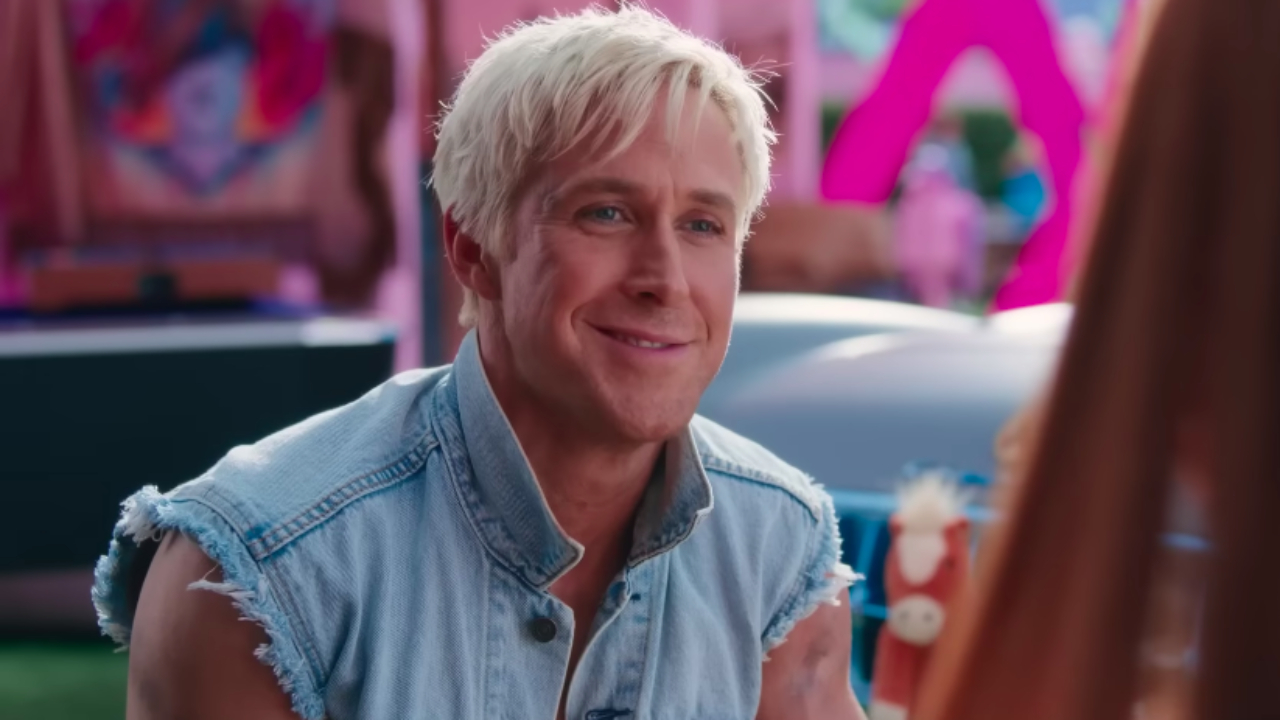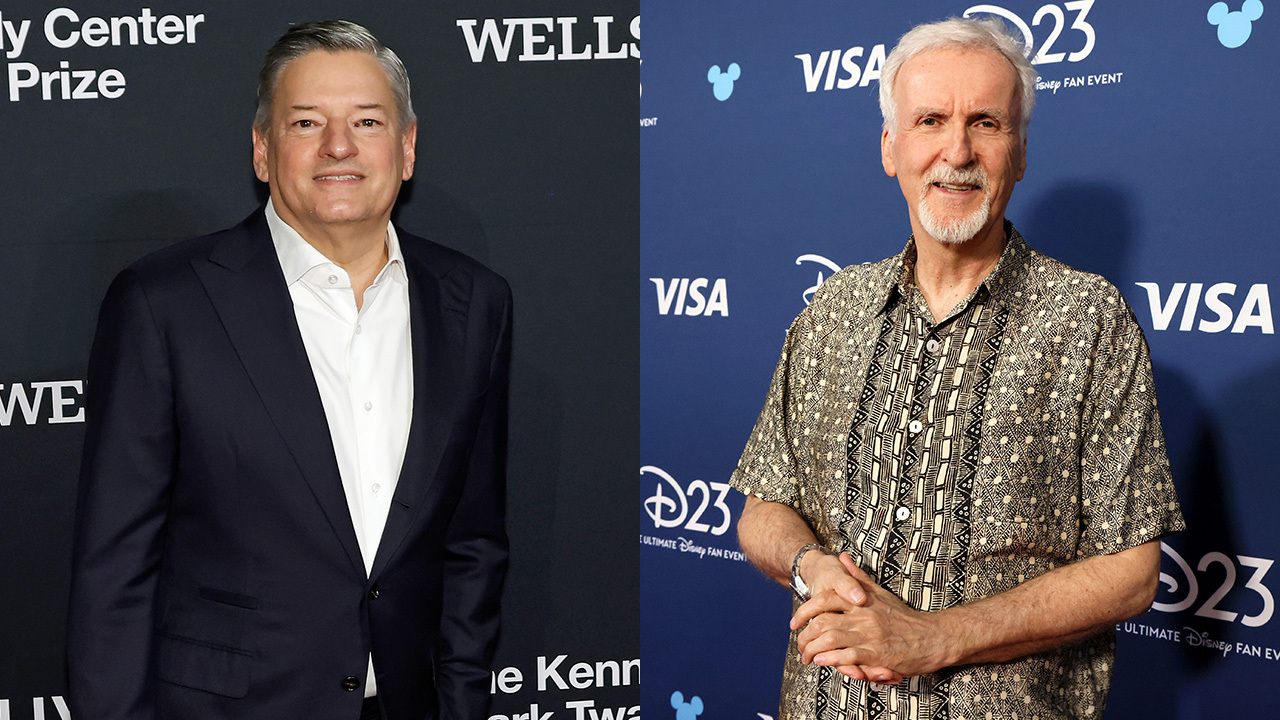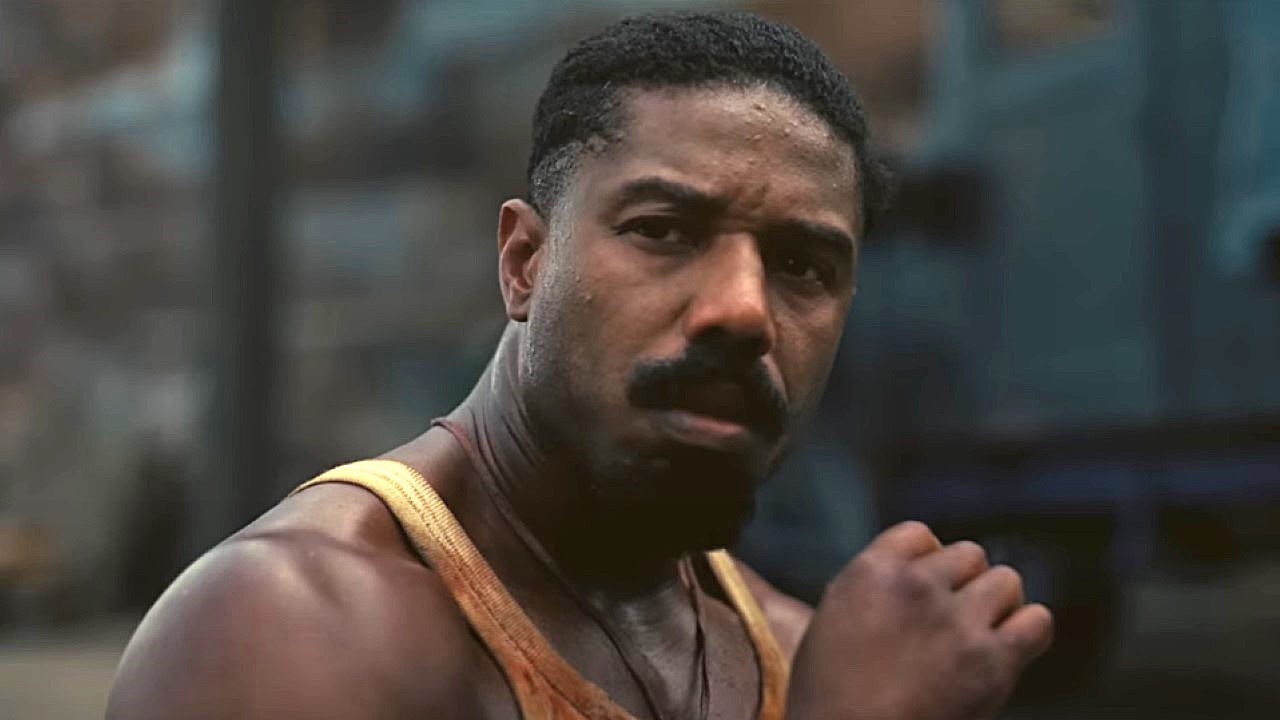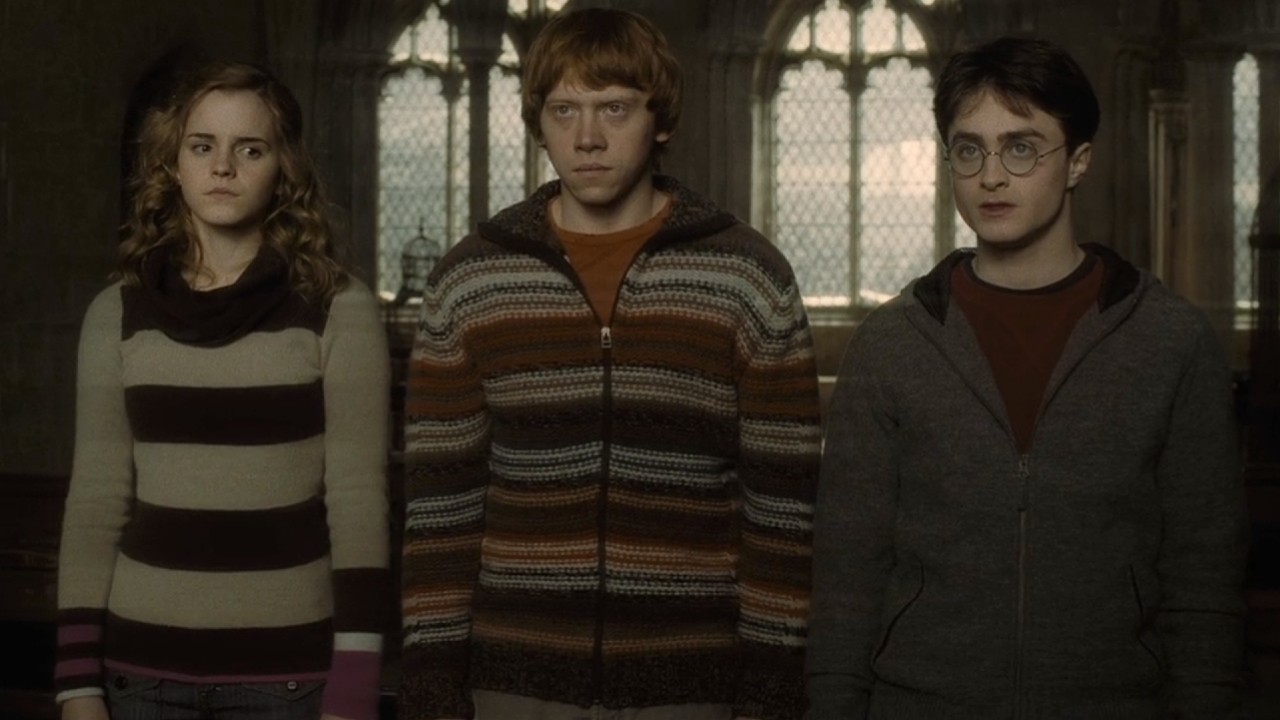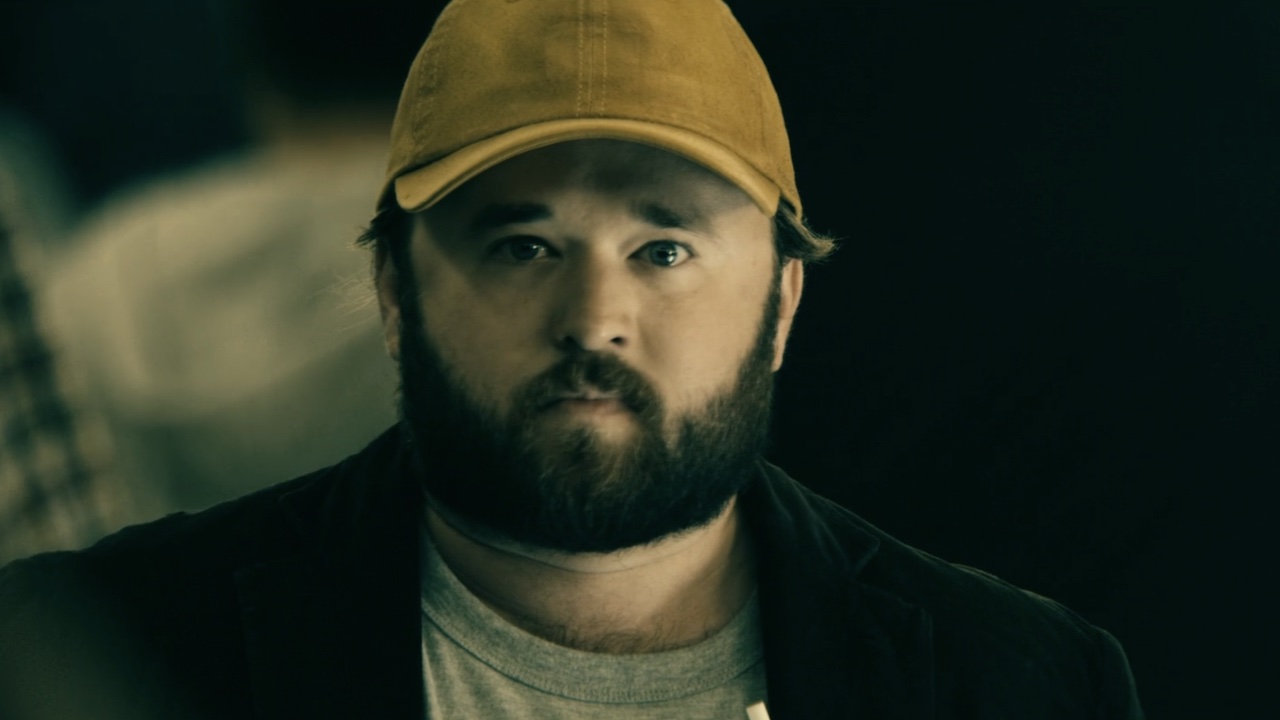Microsoft Had A Year To Talk About Xbox One's DRM, So Why Didn't They?
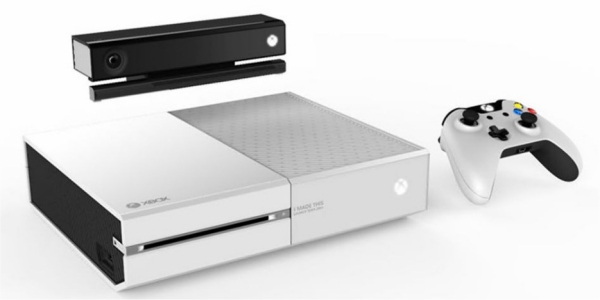
Those “cool features” that caused such a ruckus earlier this year after the Xbox One was originally announced back on May 21st... remember those? Well, in the same way that gamers haven't forgotten about them (even though the media mostly has) Microsoft hasn't forgotten about them either.
Game Revolution aggregated a story from the Engadget interview with Microsoft's director of product planning, Albert Penello, where the guy makes it known that the company didn't seem particularly thrilled that gamers were not keen on Microsoft's attempt to strip us of our first sale rights and mandate a controlled environment of trades and ownership at the company's behest, stating...
"I do feel like we never got a chance to have a rational conversation about what we were trying to do."... "Sometimes the customer just says, 'No. I look at it this way, I'm done, I've made up my mind,'" ... "And we go, well, we've gotta fix it. It's not worth it. And that's where I think we were on the digital stuff. We'll get back to some of the cool stuff, and we have a lot of the cool stuff still in there."
What conversation Penello? You mean the one where Phil Spencer and Phil Harrison, Microsoft's top dogs, were confused about what they were talking about regarding the system they were trying to sell us, as highlighted in the Kotaku and Wired interviews? The conversation where they were sheepish to roll out the details because they knew people would be pissed and the only reason anyone bothered to ask if that sort of restrictive DRM was even there was because SuperDAE had leaked the info months earlier?
I find it laughable that Penello would bring up having a conversation about these restrictions when we were told by former creative head at Microsoft, Adam Orth, to #Dealwithit. Remember that? In case you forgot, just read about the ordeal at IGN.
We, as outsiders, as prospective consumers, as gamers, were badgered and patronized by Orth over issues we consider to be serious, especially in the way we consume and purchase media in the interactive entertainment industry. That's not to mention our previous run-ins with restrictive DRM that highlighted how anti-consumer the measures are with SimCity and Diablo III.
Microsoft had since before March 28th of 2012 to address and talk about the policies that they later included in the Xbox One. The DRM had been discussed endlessly by gamers since an entire year before the May 21st reveal of the Xbox One.
But let's take for instance that Microsoft didn't want to leak anything about their new console in 2012. What happened in 2013 when the rumors and Adam Orth's comments finally boiled over to a festering mound of speculation, incense and fear in the gaming community and Microsoft's response was basically “we don't comment on rumors or speculation”? I don't consider one side shutting down conversation the same as opening a forum for discussion, unless Penello's definition of “conversation” means dictating policies and the other side staying silent and accepting them like some sort of nationalist, communist regime. News flash: majority of gamers aren't brainwashed nationalists operating under a communist regime.
CINEMABLEND NEWSLETTER
Your Daily Blend of Entertainment News
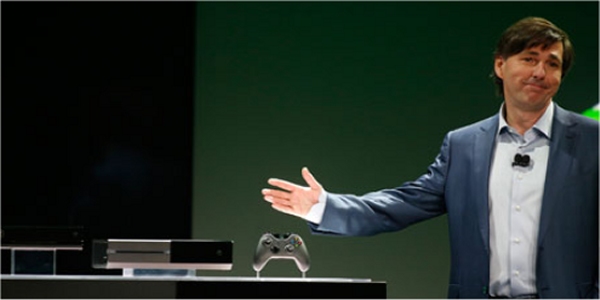
Following the May 21st reveal and all the shady PR double-speak that Microsoft tried to use to hide the Xbox One's true intentions, gamers cut through the marketing BS the way Republicans cut down Obamacare, with no mercy. Angry Joe basically summed up the feelings of every gamer in an emotion-filled rebuttal against the policies in a 20 minute rant.
For a short while, gaming journalists got legit and serious about coverage, which is how we found out about used game fees, and we found out about 24-hour check-ins, we found out about Kinect always being on and always listening, we found out about a lack of backwards compatibility, we found out about not being able to rent games anymore, we were told that if we didn't have broadband we should stick with the Xbox 360 and found we out that account bans could render your digital library inaccessible on the Xbox One.
Please, for the life of me, explain to me what part of all that anti-consumer crap we needed to converse about and why Microsoft wasn't open and honest about that stuff from the start? What part of that did Microsoft need to take time to explain to us that we didn't understand based on what was laid bare? Those weren't policies we made or created, those were policies Microsoft made and confirmed in the shadiest ways possible, and that's not to mention they seemed peeved that we weren't fondling all that DRM fecal matter in our arms like a Tickle-Me Elmo from 2005.
Gamers were willing to talk about these features as soon as they found out about them, Microsoft was the one unwilling to discuss them. Whose fault is that? They had all the time in the world – even leading up to the console's reveal – to sell gamers on something positive and productive about these policies, but they chose to be secretive and dodgy and then use reputation management to spout marketing platitudes about the DRM and Xbox One being similar to Steam. Sorry but those DRM features were nothing like Steam... at all.
The scary part about it is that Penello genuinely seems to believe that it was the gamers who messed up (and we all know the media corrected themselves on their stance of the Xbox One following Microsoft's unpleasant response about the Xbox One media coverage).
According to Penello, the future of gaming could still turn out the way Microsoft envisioned it with all that DRM they reluctantly admitted to and subjected to abeyance after the pre-order numbers rolled in, saying...
"We just think that's the way the future's gonna go. We may have been right. What we were wrong about was that it's just too soon. People just weren't ready to make that leap right away."
The future is decided by the choices we make, not the mandates ordered upon us by those who would like to dictate what the future becomes.
If gamers have an opportunity to embrace an all digital future (and that depends entirely on the ISPs) then they'll flock to it, but right now it's just not convenient, especially with the sizes of new gen games.
Added to this, many gamers still value their ownership rights with physical media and I don't see that going away anytime soon unless gamers willingly subjugate themselves to Stockholm Syndrome.
Staff Writer at CinemaBlend.
Rainn Wilson Revealed His Lyrics For The Office’s Theme Song, And Dwight Would Be So Proud Of This
Ryan Gosling Brought A Photo Of His Childhood Bedsheets To His Star Wars: Starfighter Announcement, And Could This Man Get Any More Adorable?
‘Not Just 50% Cheaper.’ Netflix’s Ted Sarandos Has His Own Take After James Cameron Revised His Thoughts On AI In Hollywood


